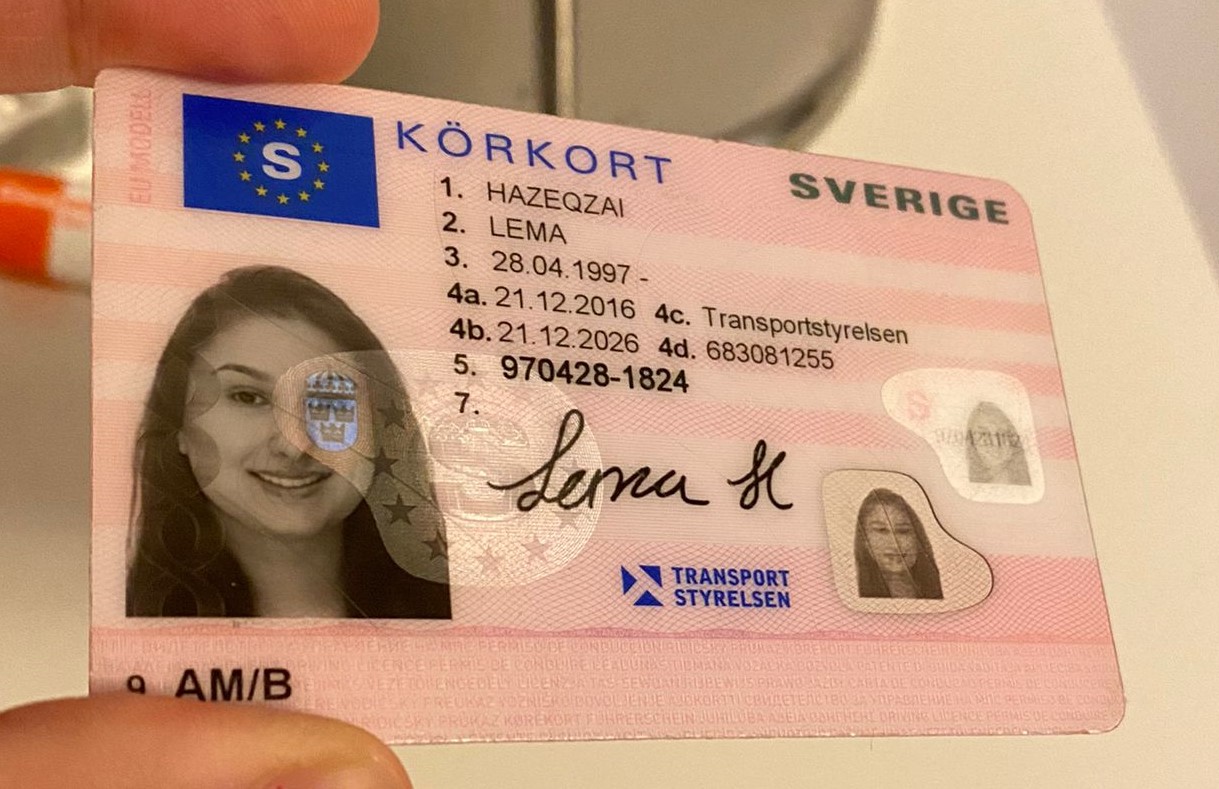
Understanding Transportstyrelsen: Sweden's Transport Agency
Transportstyrelsen, or the Swedish Transport Agency, plays a vital role in the management and guideline of various transport sectors within Sweden. Responsible for ensuring safe, efficient, and sustainable transport systems, this agency supervises a large array of transportation modes, consisting of roadway, rail, aviation, and maritime. This post dives into the firm's structure, functions, regulations, and influence on the Swedish transport landscape.

Introduction of Transportstyrelsen
Developed mainly to enhance the management of the transport sector, Transportstyrelsen consolidates numerous functions connected to traffic safety, facilities, and environmental impact. The agency runs under the Ministry of Infrastructure and operates in cooperation with local governments, private sector stakeholders, and international organizations.
Secret Functions of Transportstyrelsen
Transportstyrelsen's obligations encompass a broad scope, which can be summed up as follows:
Regulatory Framework Development
- Develop regulations and standards for all transportation modes.
- Monitor compliance and enforce applicable laws and Körkort Online Test instructions.
Licensing and Registration
- Manage the licensing process for motorists and transport businesses.
- Keep an extensive database of authorized lorries and aircraft.
Traffic Safety Promotion
- Conduct research and gather data on transport security.
- Implement campaigns targeted at increasing public awareness about traffic safety.
Sustainability Initiatives
- Promote ecologically friendly transportation solutions.
- Encourage the adoption of electrical and alternative fuel automobiles.
International Collaboration
- Engage with other European and international transport authorities.
- Take part in efforts focused on harmonizing transport regulations throughout borders.
Organizational Structure
Transportstyrelsen is organized into several departments, each focusing on specific transport methods:
- Road Traffic Department
- Railway Department
- Maritime and Air Traffic Department
- Environment and Sustainability Department
- Economic Analysis and Strategy Department
This structure permits for specialization and focused efforts in managing the varied aspects of transportation within Sweden while ensuring that all departments work collaboratively towards common goals.
| Department | Key Responsibilities |
|---|---|
| Road Traffic Department | Manages driver licensing, car registration, and roadway security policies. |
| Train Department | Oversees railway security, infrastructure advancement, and service quality. |
| Maritime and Air Traffic Department | Controls shipping and aviation, ensuring compliance with safety standards. |
| Environment and Sustainability Department | Addresses transport-related ecological concerns and promotes sustainability practices. |
| Economic Analysis and Strategy Department | Conducts economic analyses to notify policy and strategy on transport efforts. |
Impact on the Swedish Transport System
Transportstyrelsen's impact on the Swedish transportation system is extensive. The agency's regulations and policies shape the safety, efficiency, and ecological impact of transport in Sweden. Key contributions include:
- Enhanced Safety Standards: By setting rigid safety policies and constantly keeping track of compliance, the company helps lower mishap rates and improve total roadway, rail, and air security.
- Promo of Public Transport: Through investments and support for public transport systems, the agency motivates a shift from personal lorry reliance to more sustainable and environmentally friendly transportation modes.
- Assistance for Innovations: The firm cultivates development in the transport sector by supporting new technologies such as electric lorries and clever traffic systems, intending to satisfy both existing and future difficulties in transportation logistics and environmental management.
Guideline Compliance
To guarantee compliance with Transportstyrelsen's policies, stakeholders in the transport sector should adhere to different standards and requirements. This includes obtaining necessary licenses, undergoing evaluations, and submitting reports on security efficiency.
Essential Compliance Areas
- Driver Licensing Requirements
- Lorry Inspection Standards
- Safety Protocols for Transport Operations
- Environmental Regulations for Vehicle Emissions
- Functional Standards for Public Transport Services
Offenses of these regulations can cause considerable penalties, consisting of fines and the revocation of licenses or licenses.
Often Asked Questions (FAQs)
What is Transportstyrelsen?Transportstyrelsen, or the Swedish Transport Agency, is the federal government authority responsible for regulating all aspects of transportation in Sweden, including road, rail, maritime, and air travel sectors. How does Transportstyrelsenguarantee safety in transportation?The agency establishes and enforces policies, performs research study, and executes safety projects to promote safe transportation practices amongst all road users. What kinds of cars does Transportstyrelsen regulate?Transportstyrelsen manages a wide variety of cars, consisting of guest vehicles, industrial automobiles, bikes, aircraft, and maritime
vessels. How can I contact Transportstyrelsen?Transportstyrelsen can be contacted by means of their official website where numerous resources, contact information, and types for inquiries are supplied.
Is there an appeal procedure for licensing choices made by Transportstyrelsen?Yes, people and business can appeal choices made by Transportstyrelsen concerning licenses and policies as outlined in their official
guidelines. Transportstyrelsen is an integral part of Sweden's transportation landscape, ensuring that the systems in location are not just effective and efficient however likewise safe and environmentally mindful. Its diverse duties,
from guideline to public security, establish a framework that benefits both the Swedish population and the more comprehensive transportation network. Understanding Transportstyrelsen's roles and functions assists stakeholders browse the complexities of the transportation sector, promoting compliance and promoting improvements necessary for future sustainability.
